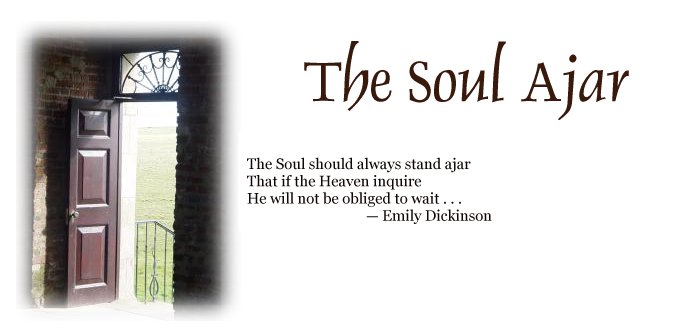Blaise Cronin,
dean of the School of Library and Information Science at Indiana
University, has
a lot
to say about blogs today. In a piece titled "BLOG: see also
Bathetically Ludicrous Online Gibberish," he writes:
Lately, I’ve been wandering around
Blogland, and I’m struck by the narcissism and banality of so many
personal blogs . . . .What desperate craving for attention is indicated
by this kind of mundane, online journaling? . . . Why do they choose to
expose their unremarkable opinions, sententious drivel and unedifying
private lives to the potential gaze of total strangers?
Cronin uses the word "blog" (a blend of "web" and "log"
becomes
weblog, morphs into
'blog with a self-concious
apostrophe and finally becomes just plain
blog) generically to mean all
non-commercial personal sites. In the online journalling community (a
term someone on a discussion list ridiculed me for using – he must hate
blogs too), a blog is defined as a site that updates frequently
(sometimes several times a day) and exists mostly to provide links to
items of information the blogger thinks others will find interesting or
compelling.
A blog usually contains little thoughtful personal content. That's not
a disparagement, just a distinction
.
An online journal or diary is often a chronicle of the writer's day,
and as such usually offers stream-of-conciousness first draft writing.
Many such diaries are charming or even absorbing, especially if your
life shares much with that of the writer. Some of them, especially
those kept by younger writers such as those at
Xanga, can be incomprehensible to
anyone not part of the writer's immediate circle.
The Silken Tent, of course, is neither a blog nor a diary. It's
a collection of
personal essays. There's a
difference.
In
my very
first post I had this to say about my intention:
When I write in my private journal, I
write for myself, and the only audience I hope to be aware of is the
future
me who will read it again in a month or a year ("Where is that stuff
I wrote about my grandmother's bread bowl?"). What I write here is
a public journal, with an immediate and largely anonymous audience. That doesn't mean it
isn't authentic. Just shaped.
Cronin refers to the "current generation of
bloggers." I'm wondering when that generation was born. I went online
with a personal site (then called a "homepage," a fairly quaint term
Indiana University still uses to describe sites such as Dr. Cronin's)
in 1997. "English at 808" resided at
Geocities
and was concerned solely with my classroom. I posted lesson plans,
assignments and due dates, annotated reading lists, bits about literary
history. When I left teaching in 1998 I began posting what amounted to
personal essays, unaware that there was already a small community of
people doing this. When I discovered those folks in 1999, I secured my
domain name and paid for space at a hosting service. (The conventional
wisdom was that you couldn't really be taken seriously if you used free
space such as that provided by Geocities or Diaryland.)
Despite some periods when I went weeks or even months without posting
(notably in 2004), and even times when I thought about giving the whole
thing up and letting the site go dark, I kept on keepin' on. My online
oeuvre now comprises some 300 essays. It's the best thing I ever did
for my nonfiction writing because it forces me to write for an audience
and to be aware of what the subjects I choose say about me.
The best reward I get is knowing I actually have readers and getting
some occasional feedback from them. I have a loyal coterie of
subscribers to my notify list, and others who I know read regularly.
There is also the satisfaction of having done some writing and having
something to show for it.
I know that I crave recognition and acknowledgment of the worth of who
I am and what I do. The site has given me that. In 2000 I was invited
to be a speaker at the first ever
JournalCon,
held in Pittsburgh. (Distance and/or scheduling conflicts have
prevented me from attending another.) A
Unitarian
minister in Maryland used one of my pieces as an example in a
sermon (in slightly mangled form and without attribution or permission,
I might point out). And
a
college writing text uses one of my pieces as a model for student
study and imitation.
Pretty good for work in a genre that my former principal called
"semi-abstract random hogwash."


